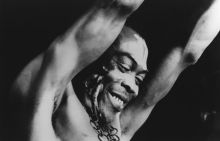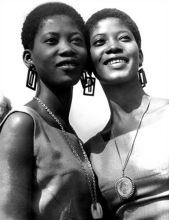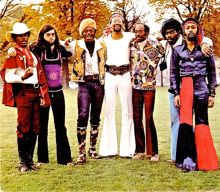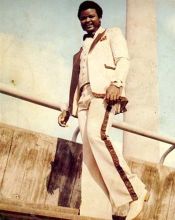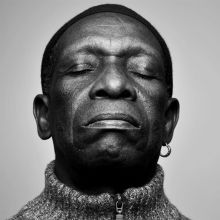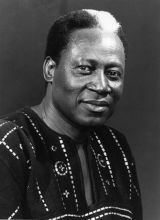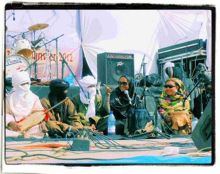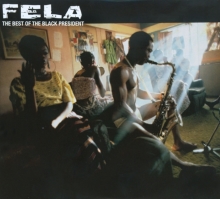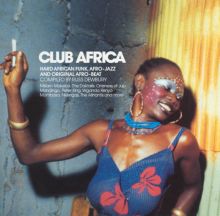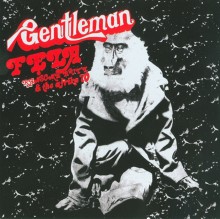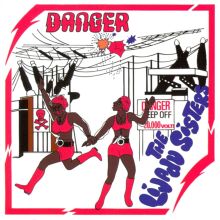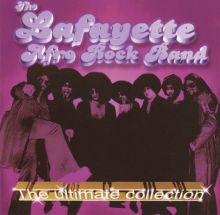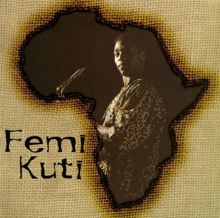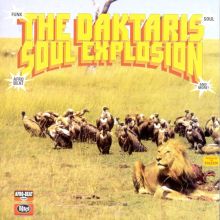International
•
African Traditions
»
Afro-beat
Afro-Beat was created and almost exclusively performed by Nigerian superstar Fela Anikulapo-Kuti; he also gave the style its name in 1963, although he would not bring it to its fullest creative fruition until his classic recordings of the 1970s, which quickly made Afro-beat into a wildly popular sensation in Nigeria and began to attract attention from the rest of the world as well. By the '80s, Kuti's style had been well established, and although the massive scale and distinctive personality of his performances attracted few imitators, he was revered as a legend for his musical virtuosity and political activism. Kuti's Afro-Beat was primarily rooted in West African highlife -- a bright, sunny dance music driven by horns and/or guitars -- but synthesized it with African-American musical forms like funk (particularly that of James Brown) and jazz. The results were intensely rhythmic and emphasized large ensembles, extended grooves, and improvised jams instead of song structure (many of Kuti's albums, in fact, featured pieces that were half an hour in length). Although Afro-Beat was at bottom a dance music, Kuti's performances rarely allowed his audiences to get lost in the grooves -- whether through the flashy choreography of his band and backup singers, the demanding length of his songs, or the frequent political tirades aimed at provoking intellectual response. Following Kuti's death in 1997, his son Femi -- who had often taken over as bandleader during Fela's periodic imprisonments -- picked up the Afro-Beat torch and began a full-fledged career of his own, keeping his father's music alive and proving himself a worthy successor.
